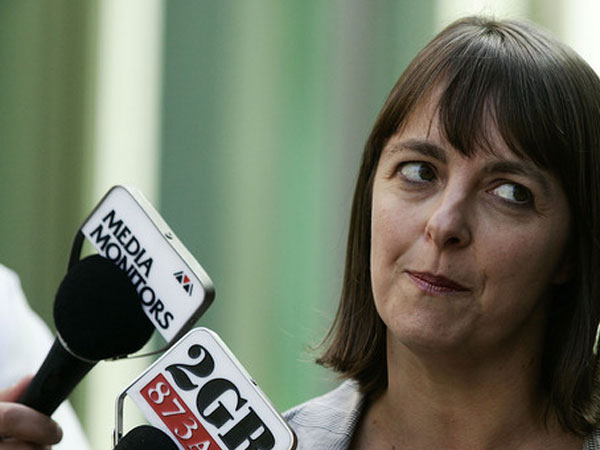



Date:13/06/11
 Nicola Roxon, Australia’s Minister for Health and Ageing, announced incentives available from July 1 for telehealth videoconferencing with patients in rural, regional and outer metropolitan areas, to provide more equitable access to health specialists.
Nicola Roxon, Australia’s Minister for Health and Ageing, announced incentives available from July 1 for telehealth videoconferencing with patients in rural, regional and outer metropolitan areas, to provide more equitable access to health specialists.
The incentives include $620 million in Medicare rebates, a $6000 bonus payment for health practitioners when they use the new technology to provide a consultation for the first time, and $20 every time a telehealth service is bulk-billed in the first year.
Roxon said the generous rebates were necessary to encourage health professionals to use telehealth in their day to day practice, because telehealth was critical to delivering quality healthcare to all Australians.
According to Roxon, “We recognise the time, complexity and administration involved in telehealth services so rebates will now also be available for the health professional located with the patient including GPs, nurse practitioners, midwives, practice nurses and Aboriginal health workers.” The government’s ‘telehealth rollout’ is supported by the Royal College of General Practitioners (RACGP), the agency tasked to develop standards for the conduct of video consultations. The RACGP is already the established peak body for general practice standards, and plans to have the new telehealth standards available in October this year. The college has also developed an online training and education model to help doctors update their professional skills, which will be available from next year.
Australia gives incentives for the use of telehealth
 Nicola Roxon, Australia’s Minister for Health and Ageing, announced incentives available from July 1 for telehealth videoconferencing with patients in rural, regional and outer metropolitan areas, to provide more equitable access to health specialists.
Nicola Roxon, Australia’s Minister for Health and Ageing, announced incentives available from July 1 for telehealth videoconferencing with patients in rural, regional and outer metropolitan areas, to provide more equitable access to health specialists. The incentives include $620 million in Medicare rebates, a $6000 bonus payment for health practitioners when they use the new technology to provide a consultation for the first time, and $20 every time a telehealth service is bulk-billed in the first year.
Roxon said the generous rebates were necessary to encourage health professionals to use telehealth in their day to day practice, because telehealth was critical to delivering quality healthcare to all Australians.
According to Roxon, “We recognise the time, complexity and administration involved in telehealth services so rebates will now also be available for the health professional located with the patient including GPs, nurse practitioners, midwives, practice nurses and Aboriginal health workers.” The government’s ‘telehealth rollout’ is supported by the Royal College of General Practitioners (RACGP), the agency tasked to develop standards for the conduct of video consultations. The RACGP is already the established peak body for general practice standards, and plans to have the new telehealth standards available in October this year. The college has also developed an online training and education model to help doctors update their professional skills, which will be available from next year.
Views: 2698
©ictnews.az. All rights reserved.Similar news
- 24% of U.S. Adults have made phone calls on the Internet
- UNESCO puts sustainable learning online
- US launches computer programme for poor kids
- UN declares web access as human right
- Facebook growth slows in stalkerbase heartlands
- One Third of Millionaires Use Social Media
- Facebook Seeks Bigger Role in Software for Mobile Apps
- Icann increases web domain suffixes
- IBM launches new social networking platform for enterprises
- Google Notches One Billion Unique Visitors Per Month
- Internet providers cut international channel renting costs by 60%
- Azerbaijan launches standard time on internet
- Icann launches facility to ease DNSSec adoption
- Social network data mining yields worrying results for traditional media





















